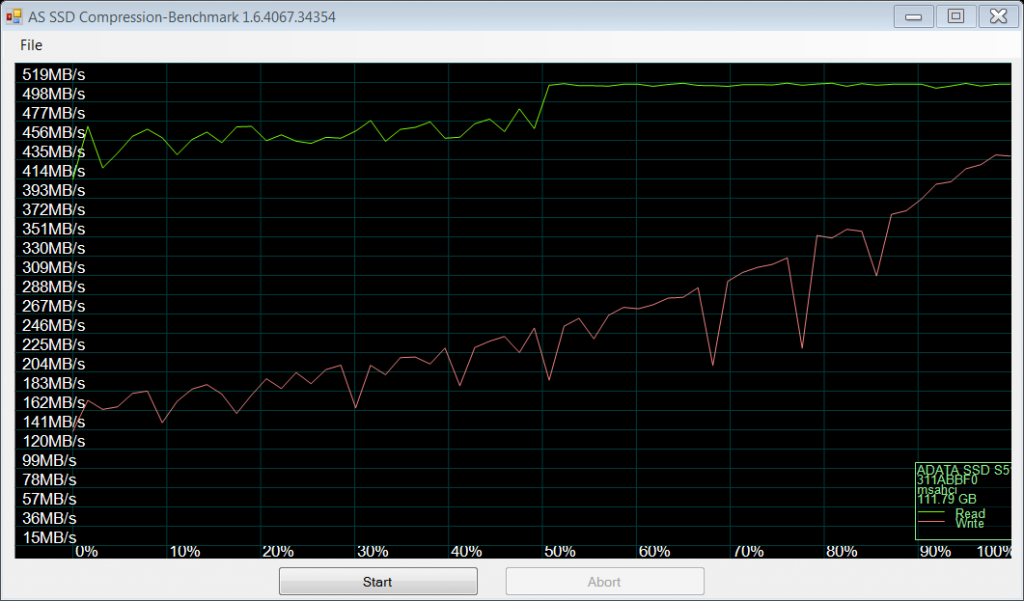

name=4KiB-Q1-Write -bs=4k -iodepth=1 -numjobs=1 -rw=randwrite name=4KiB-Q1-Read -bs=4k -iodepth=1 -numjobs=1 -rw=randread \ name=4KiB-Q32-Read -bs=4k -iodepth=32 -numjobs=1 -rw=randread \ name=4KiB-Q8-Write -bs=4k -iodepth=8 -numjobs=8 -rw=randwrite \

name=4KiB-Q8-Read -bs=4k -iodepth=8 -numjobs=8 -rw=randread \ name=Seq-Q32-Write -bs=1m -iodepth=32 -numjobs=1 -rw=write \ ➜ fio -loops=5 -size=1000m -filename=/home/tomas/disktest.tmp -stonewall -ioengine=libaio -direct=1 -group_reporting \ Here is my attempt at recreating the same benchmark on the Linux host:
#DISKMARK SCORES WINDOWS#
Here is the CrystalDiskMark result from a Windows VM on my PC: I've taken a stab at this myself, but I'm nowhere near qualified to say if this is an accurate comparison. So the question is, how would I go about getting the closest possible equivalent of the CrystalDiskMark results on Linux? So I want to run the same benchmark on Linux, but CrystalDiskMark is Windows only. On Windows I'm using CrystalDiskMark, because hey, it's OSS and everyone else uses it.

I want to be able to test the read/write performance of my disks on Windows and in Linux, and get as accurate a comparison as possible.


 0 kommentar(er)
0 kommentar(er)
